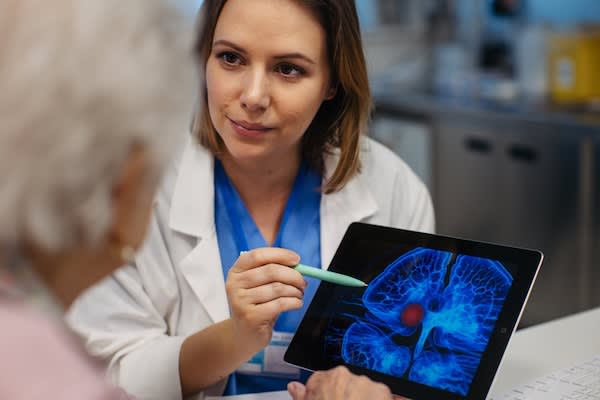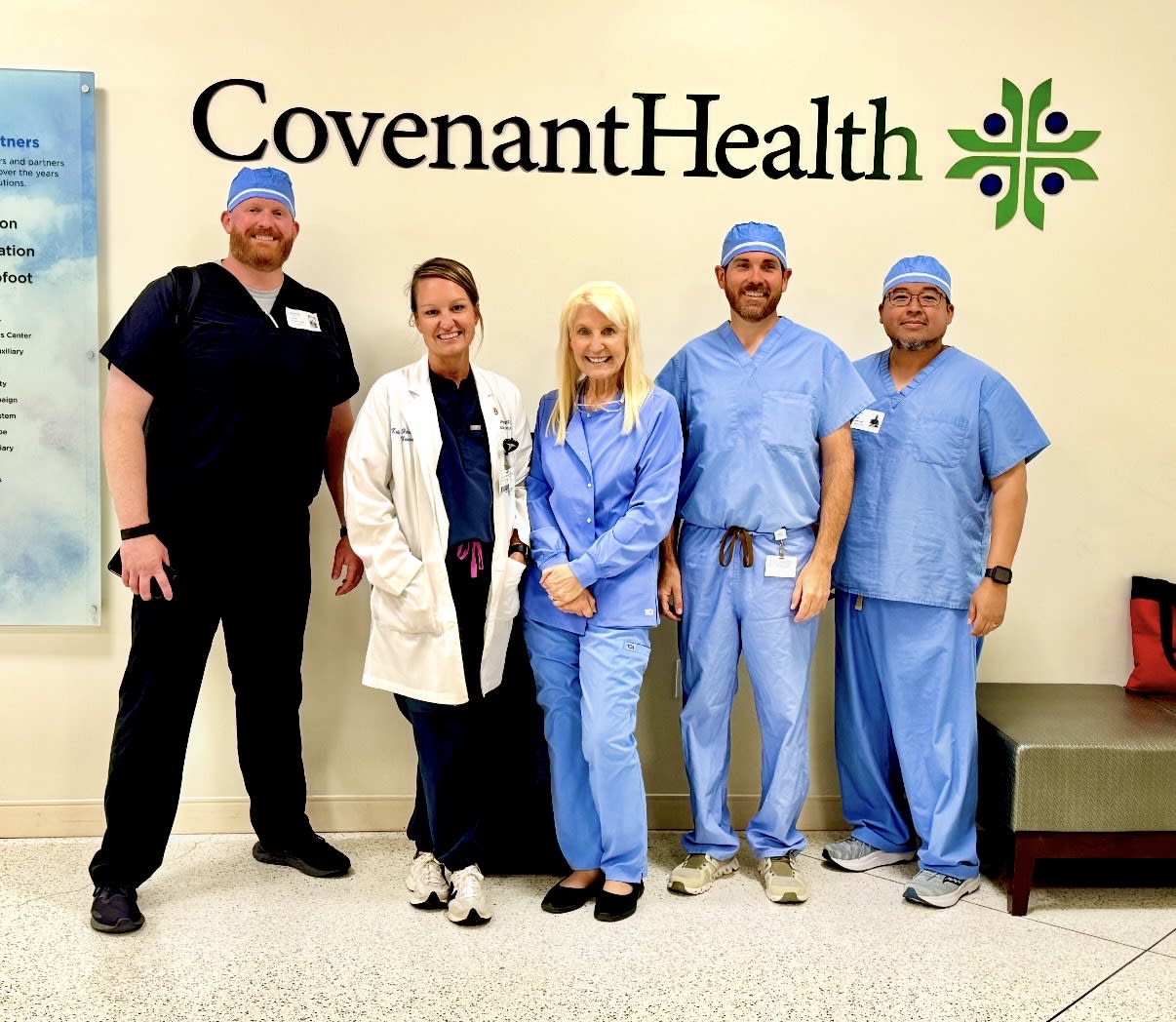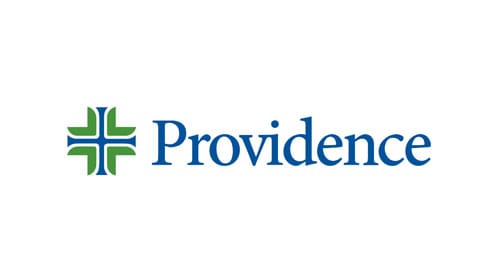Treating ALS (Amyotrophic Lateral Sclerosis)
At Providence, we build close relationships with our patients with ALS, or Lou Gehrig’s disease. We know ALS can be a challenge not only for them, but also for their families. We’re here for you every step of the way with compassionate support and treatment to help slow progression of the disease.
Why Choose Us for Your ALS Care?
Thousands of patients trust us every year to treat their ALS. Here are just a few of the reasons why:
How Our Doctors Are Making a Difference
Learn how one Providence ALS Center provides compassionate, comprehensive care to help patients maximize their quality of life.
More About ALS
Amyotrophic lateral sclerosis, also known as Lou Gehrig’s disease, is a neuromuscular disorder that affects the nervous system and makes it hard to move your muscles. Over time, ALS worsens and can make talking, walking and everyday activities such as eating difficult. Though there is no cure for ALS, treatment may slow its progression and ease its symptoms.
Types of motor neuron diseases we treat in our ALS clinics include:
- Primary lateral sclerosis (PLS)
- Progressive bulbar palsy
- Progressive muscular atrophy (PMA)
Testing and Diagnostics

Your neurological team will use the most advanced methods to diagnose your ALS. These may include one or more of the following:
- Electromyography (EMG)
- Genetic testing
- Lab testing
- MRI
- Nerve conduction studies
Personalized Treatment for ALS
Your care team works with you to create a treatment plan based on your symptoms and the progression of your ALS. Your care plan may include one or more of the following:
- Nutrition
- Occupational therapy
- Physical therapy
- Prescription medications
- Respiratory therapy
Find Neurological Care Close to You
Meet the Team
At Providence, you'll have access to a vast network of dedicated and compassionate providers who offer personalized care by focusing on treatment, prevention and health education.
Expert Tips and Advice





